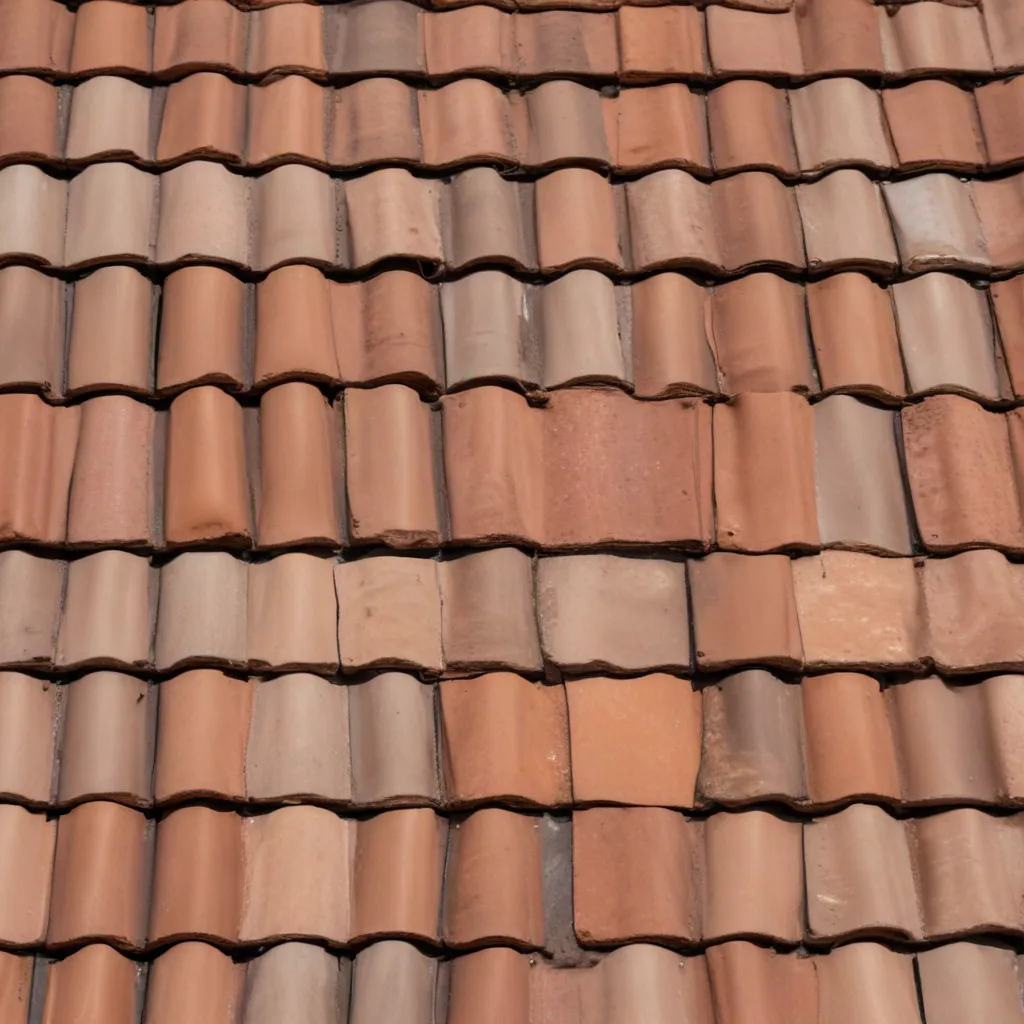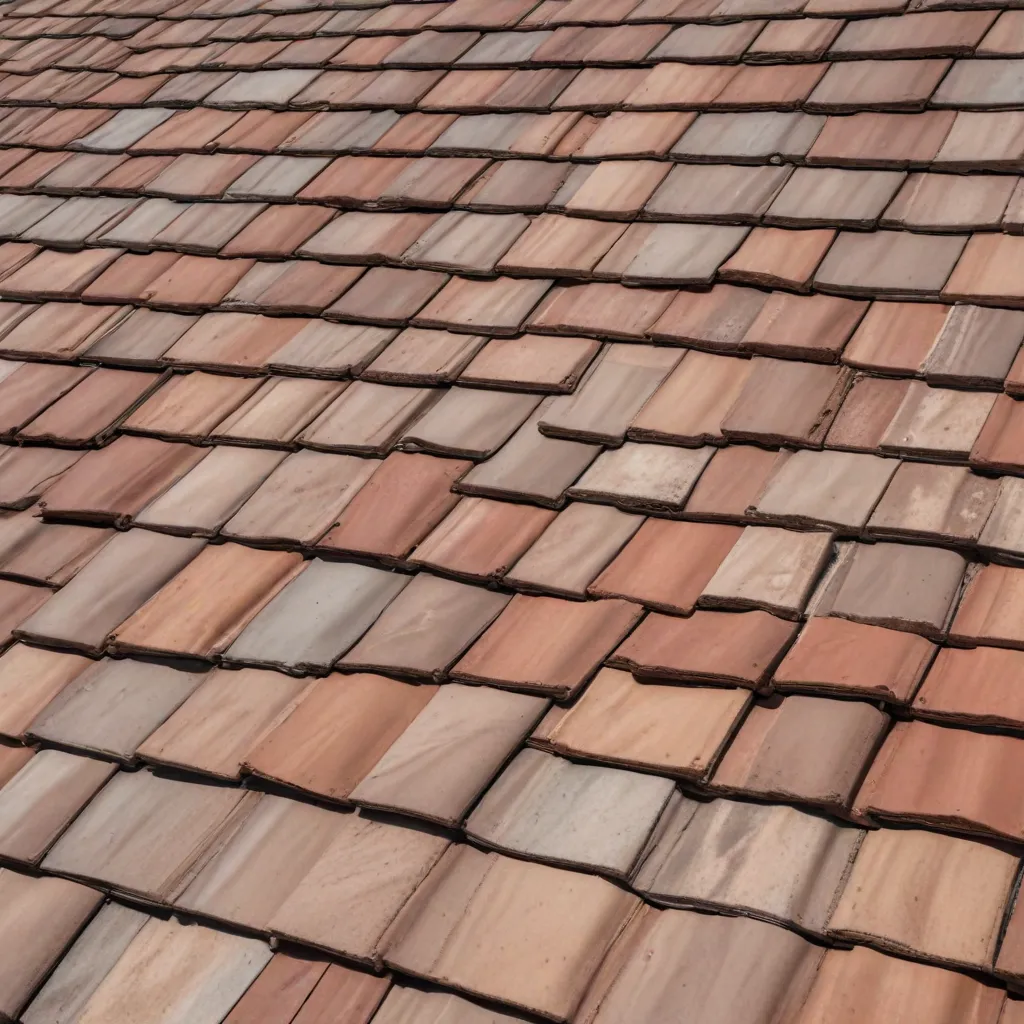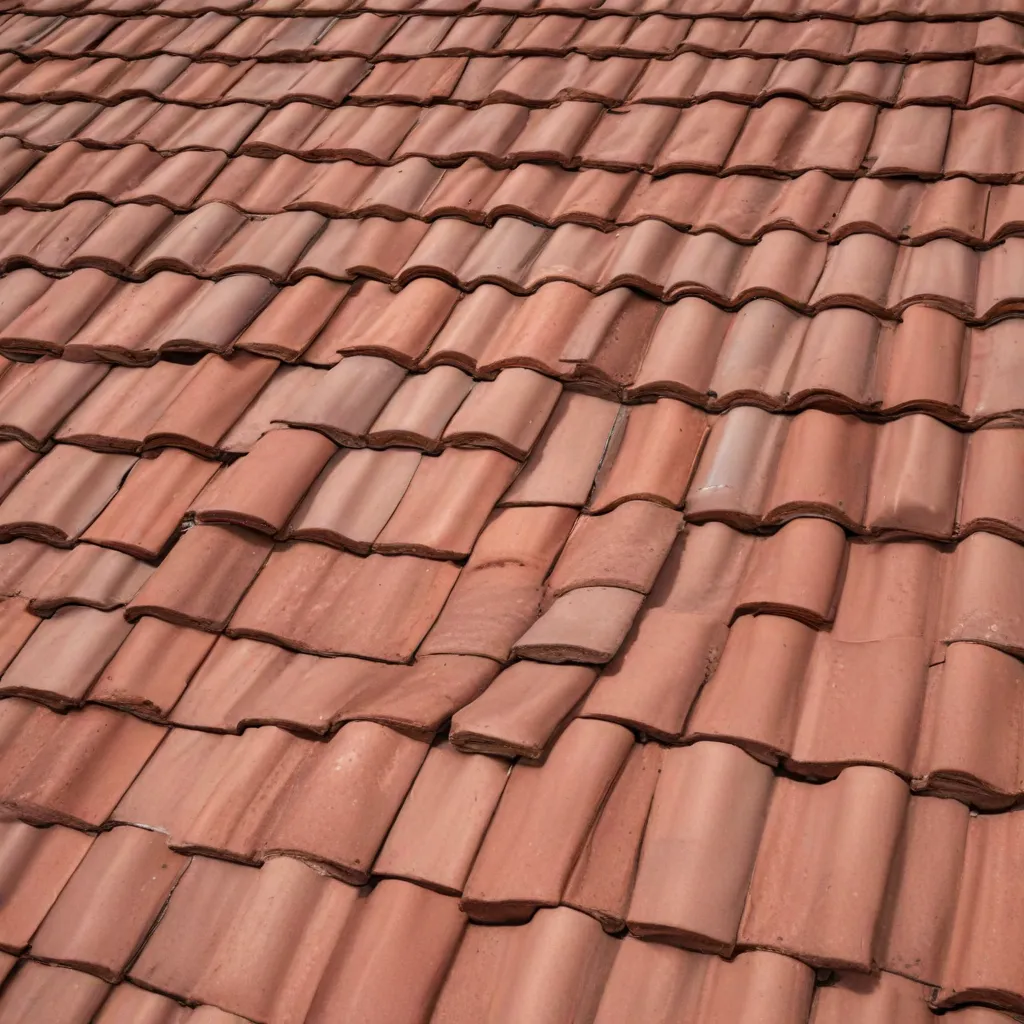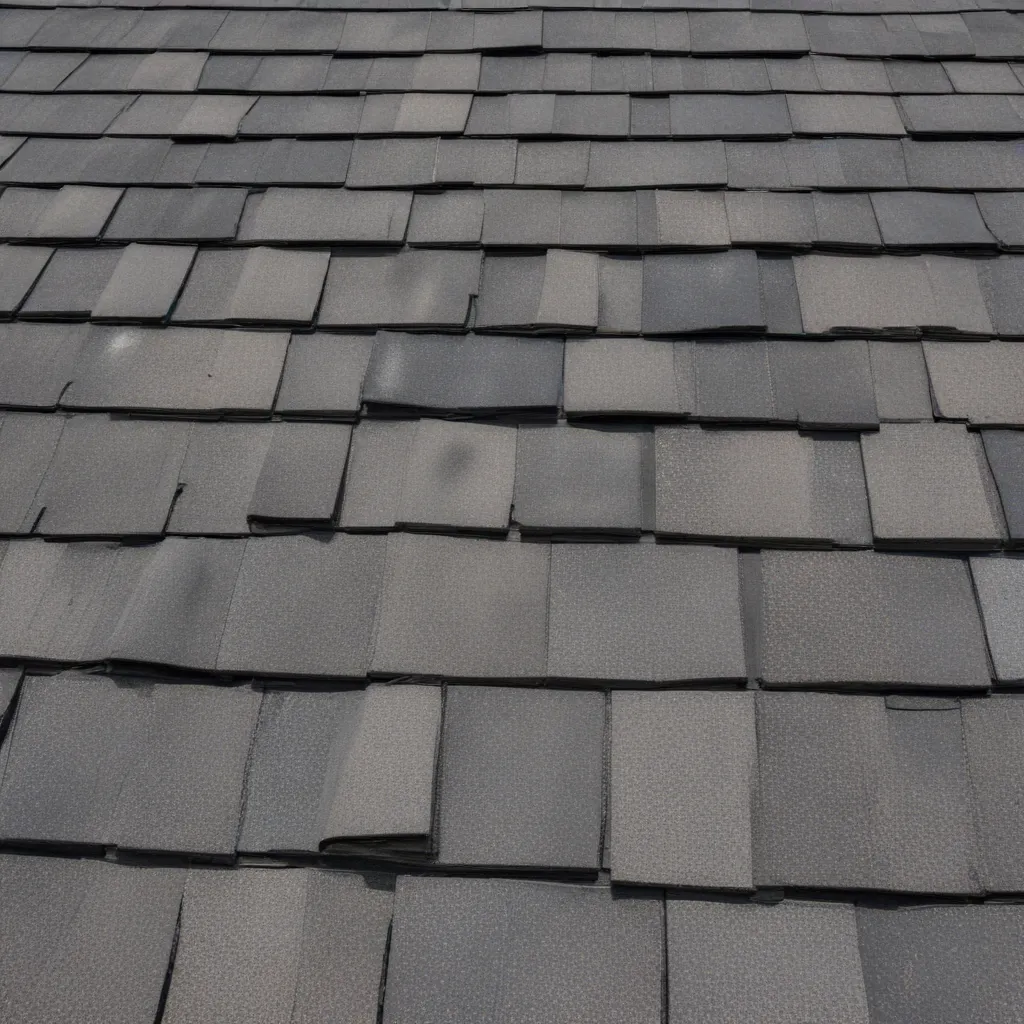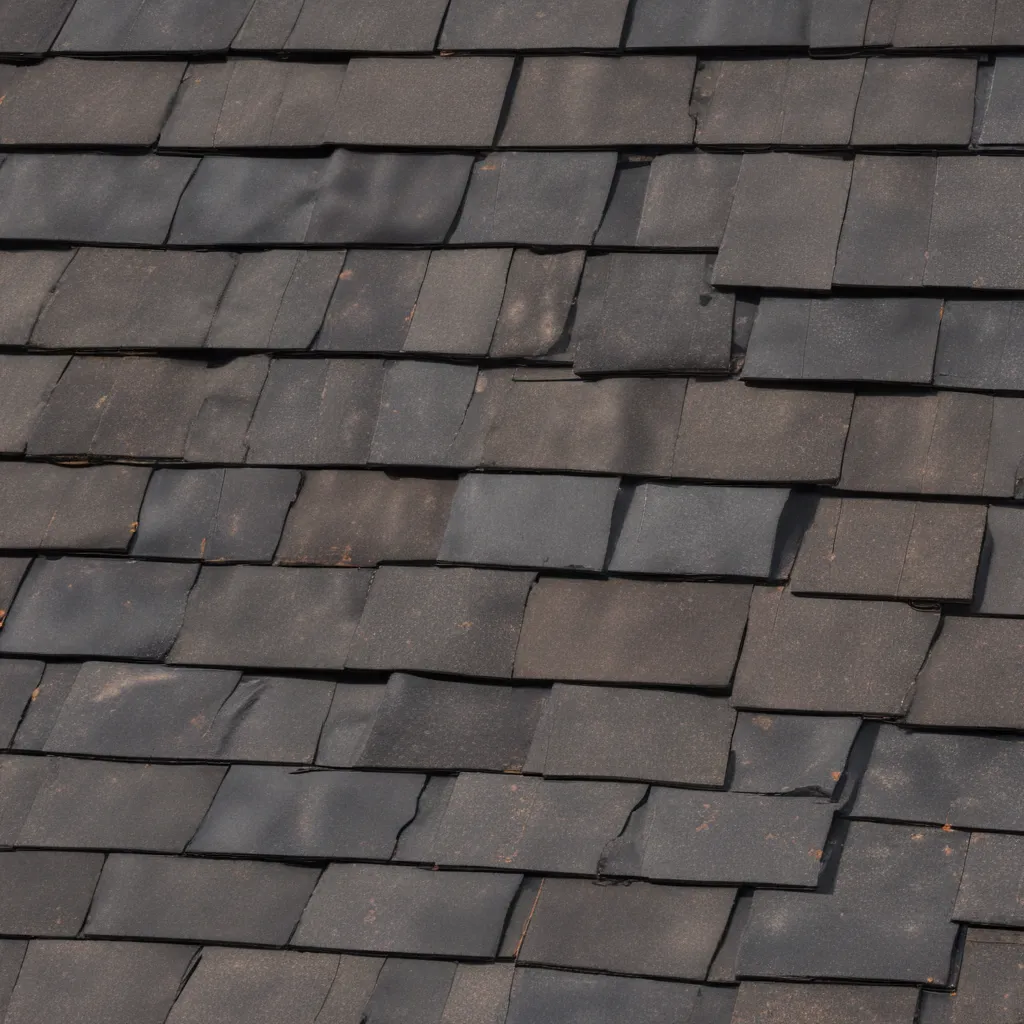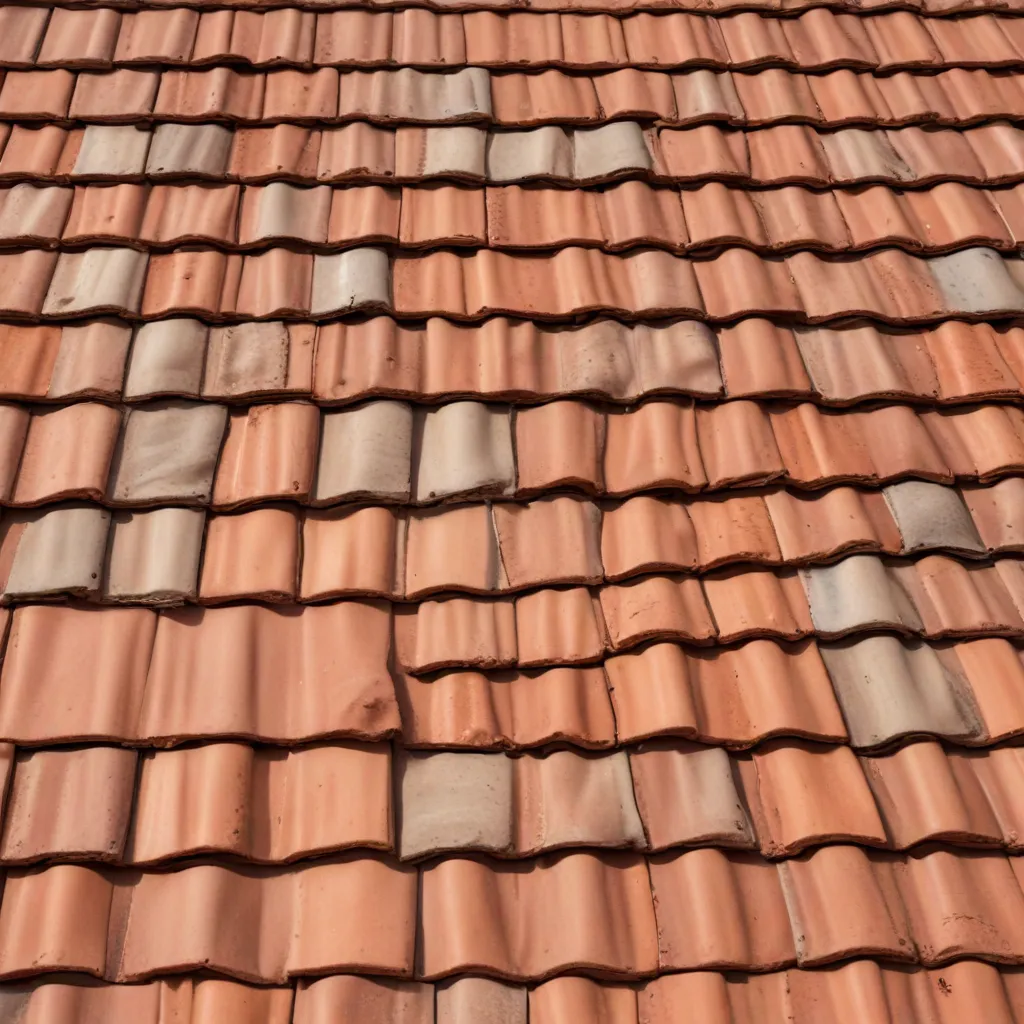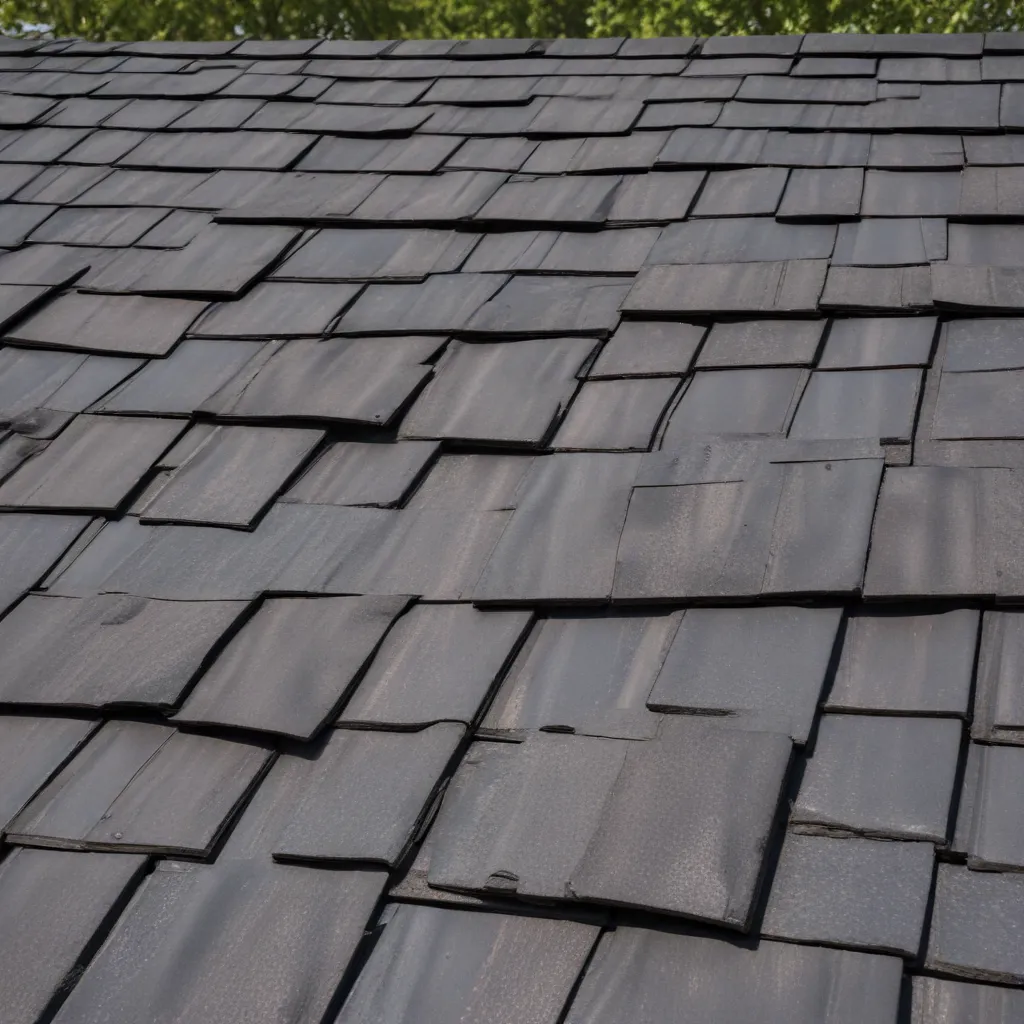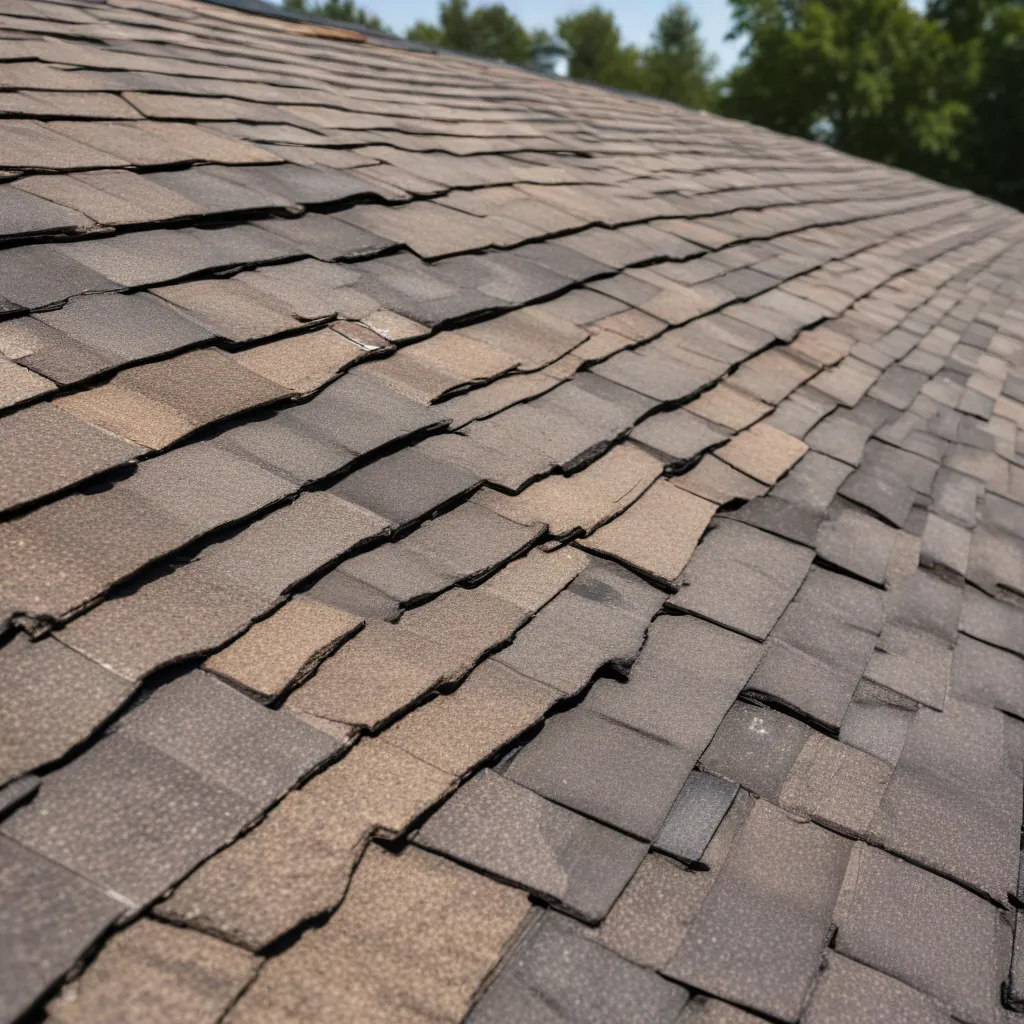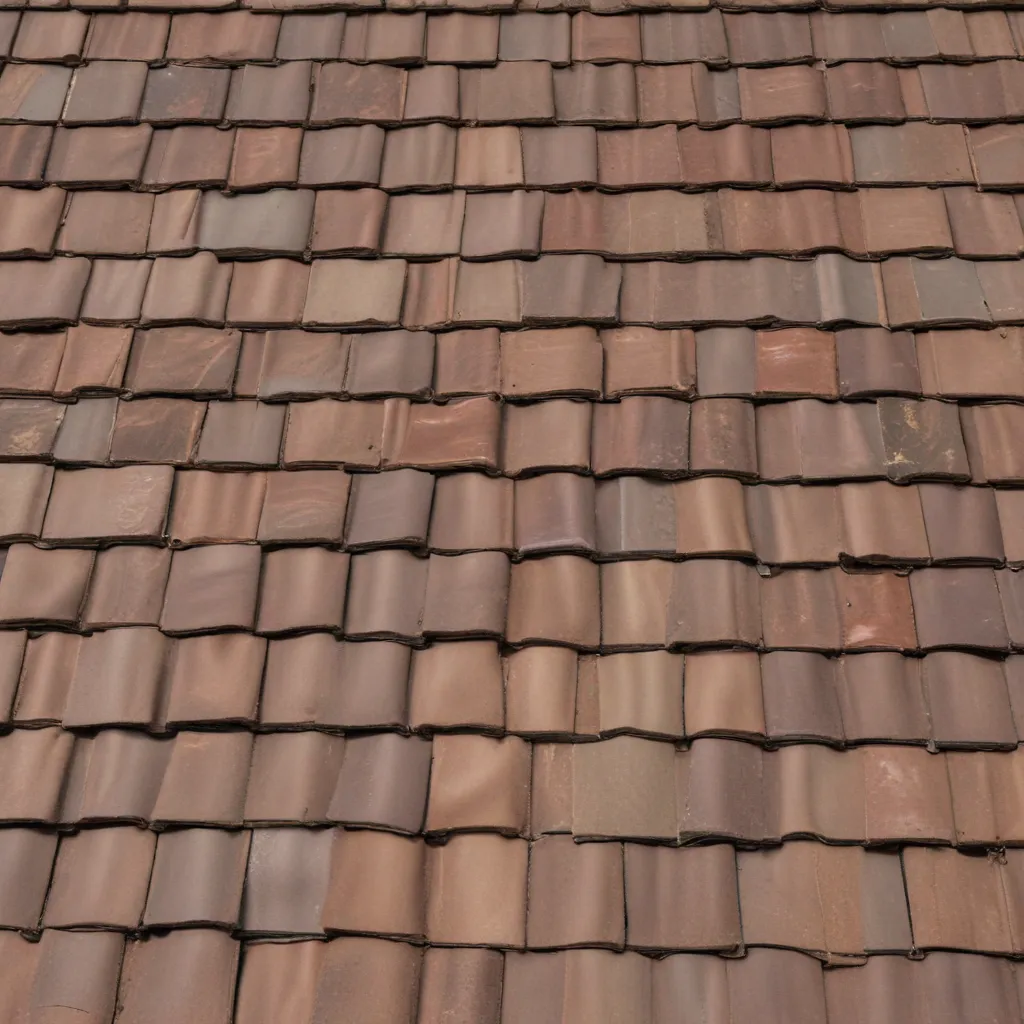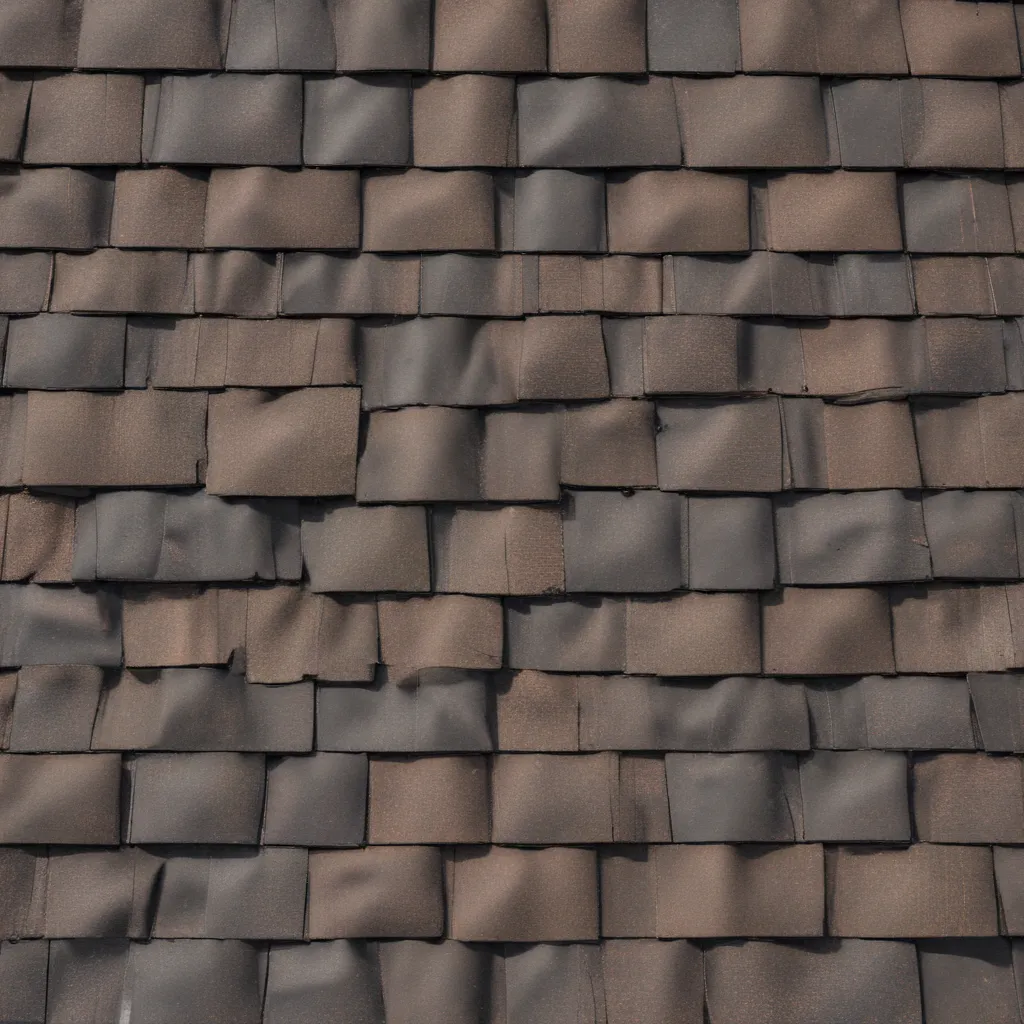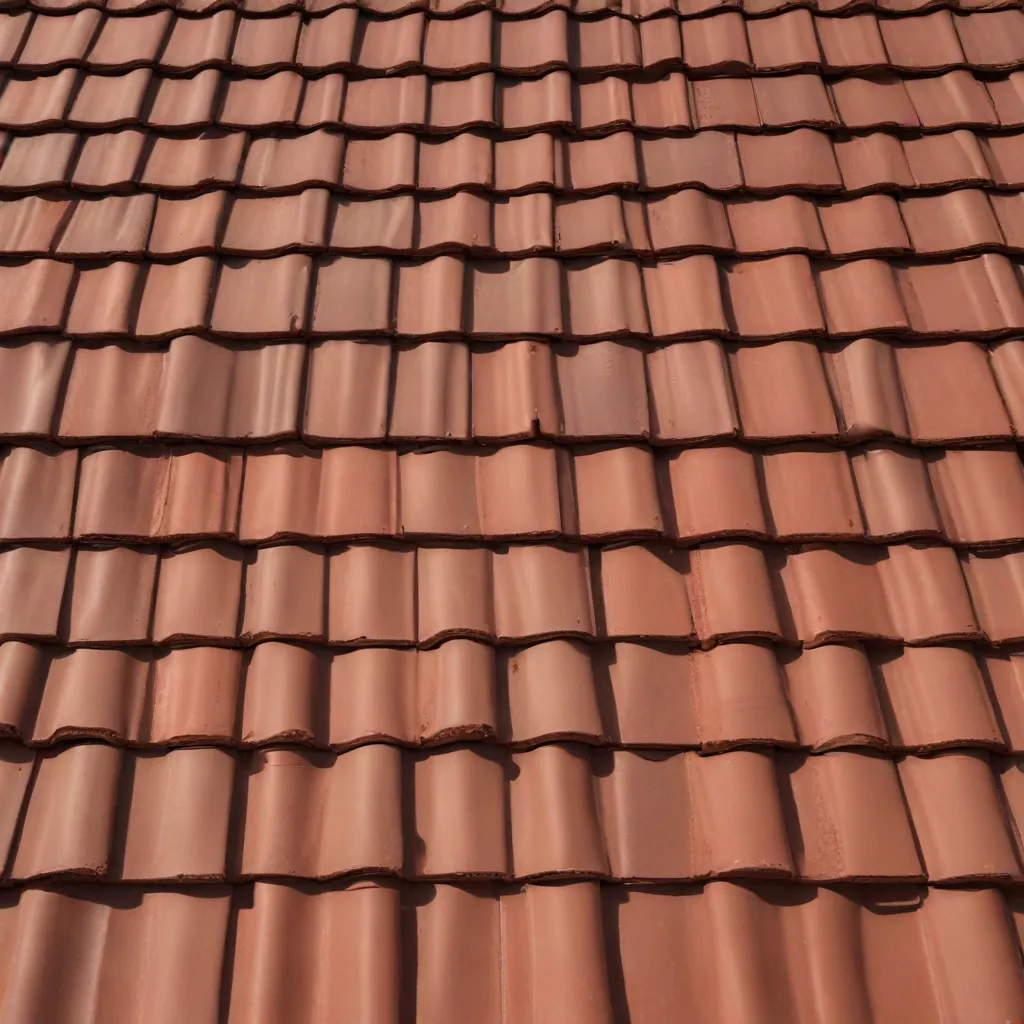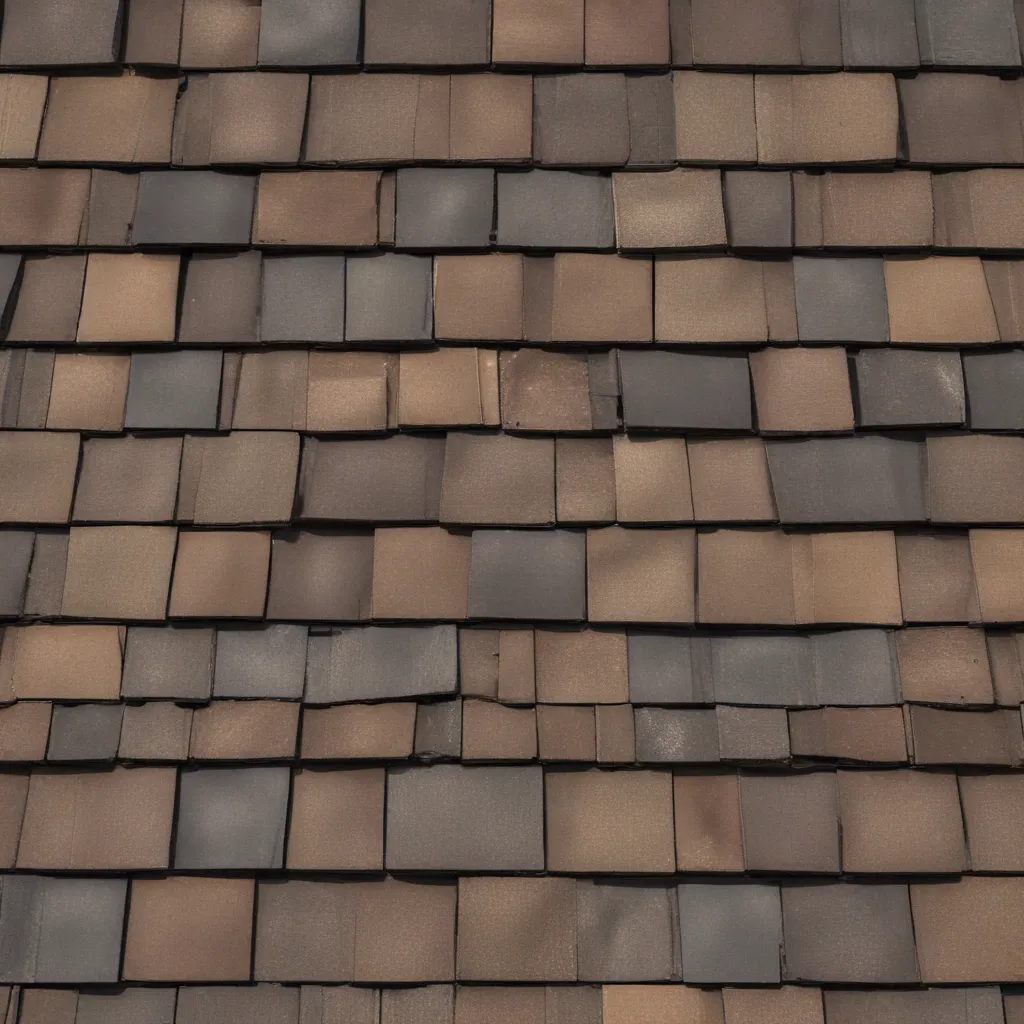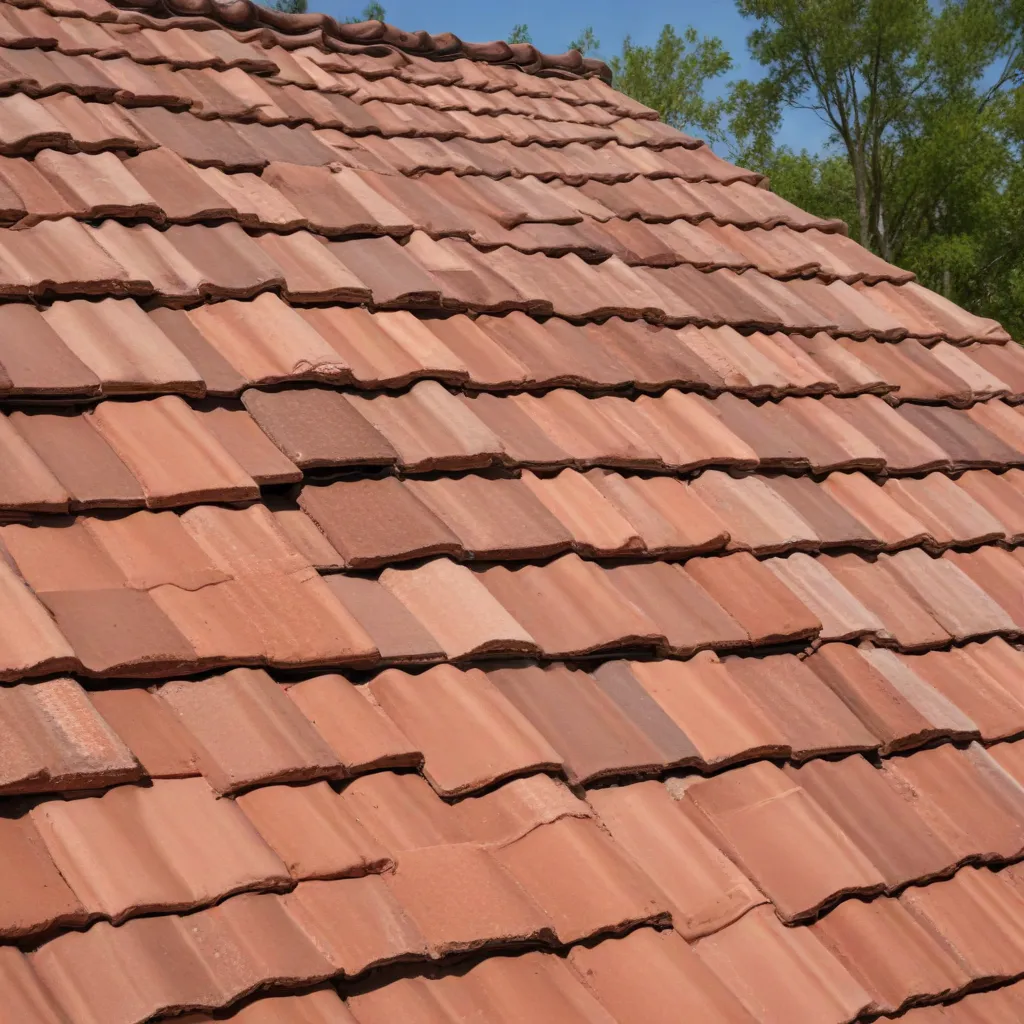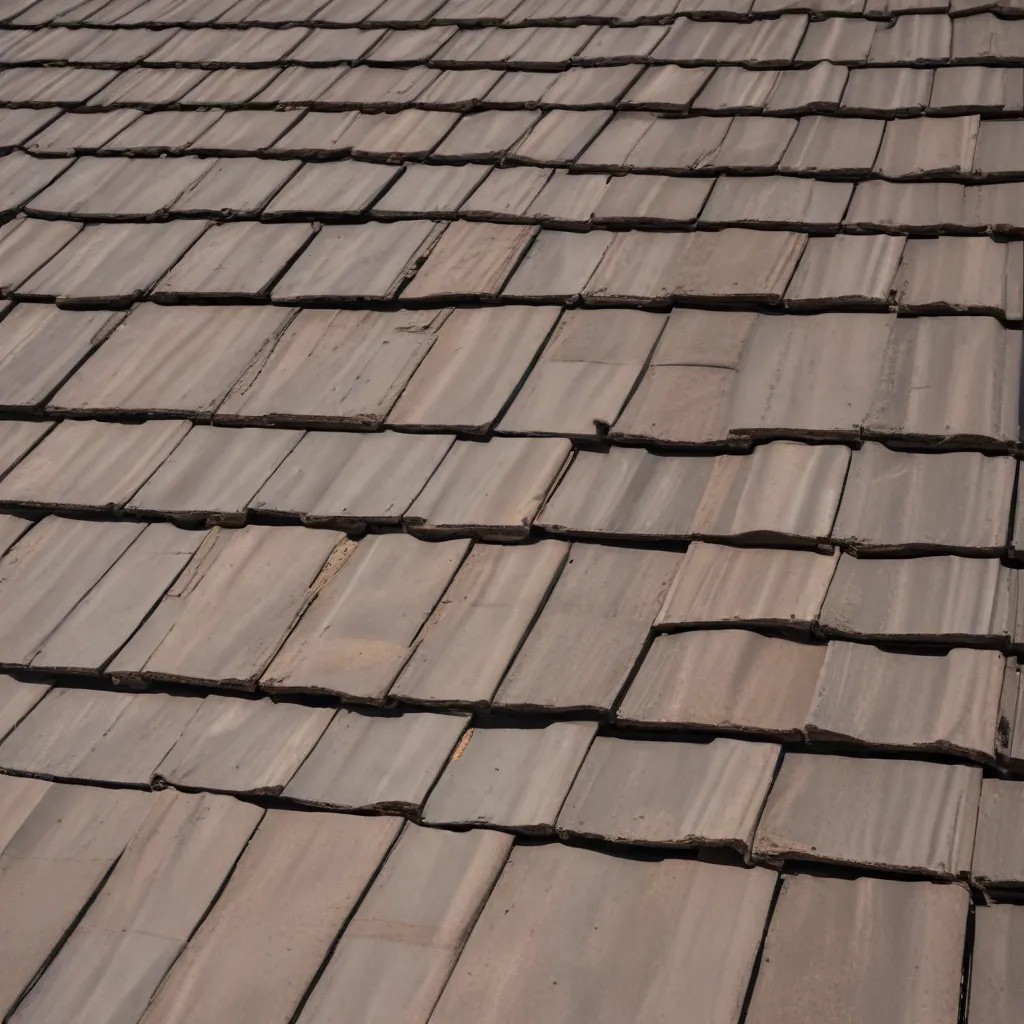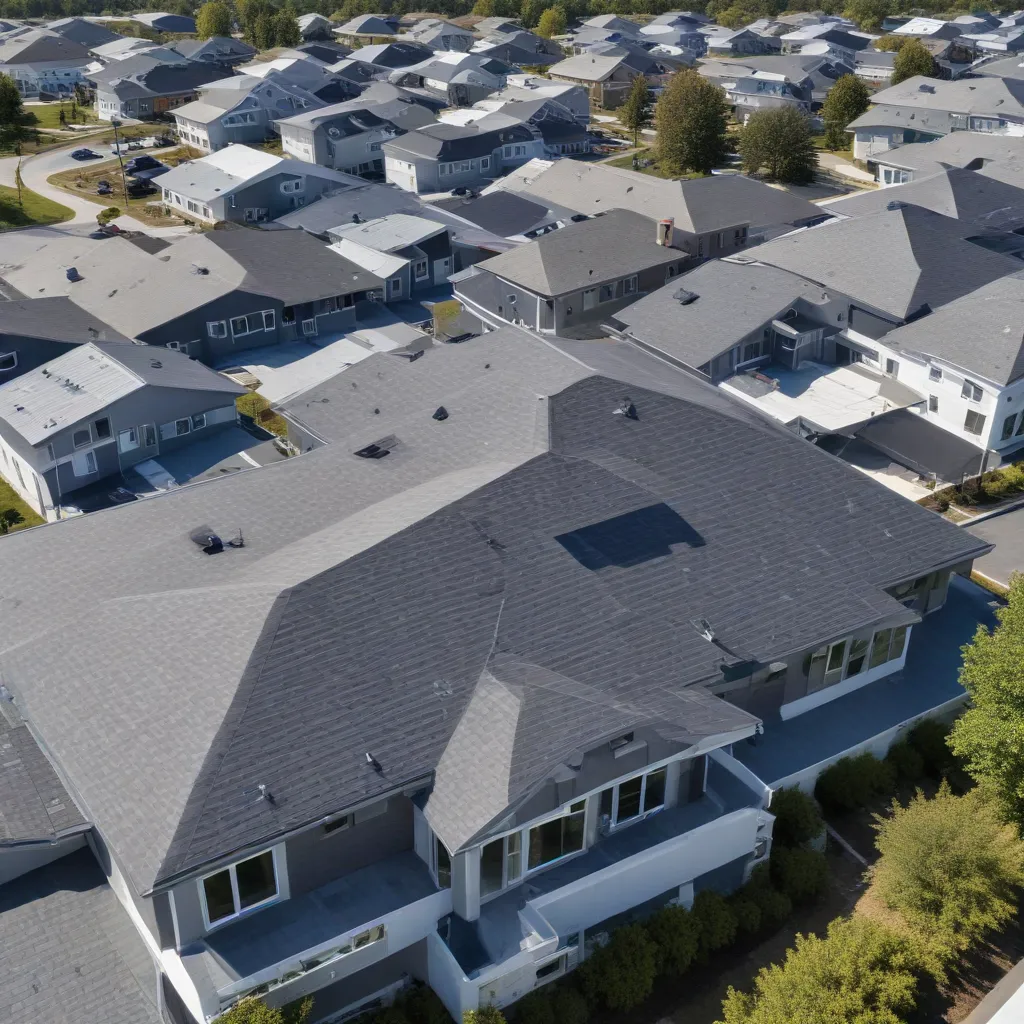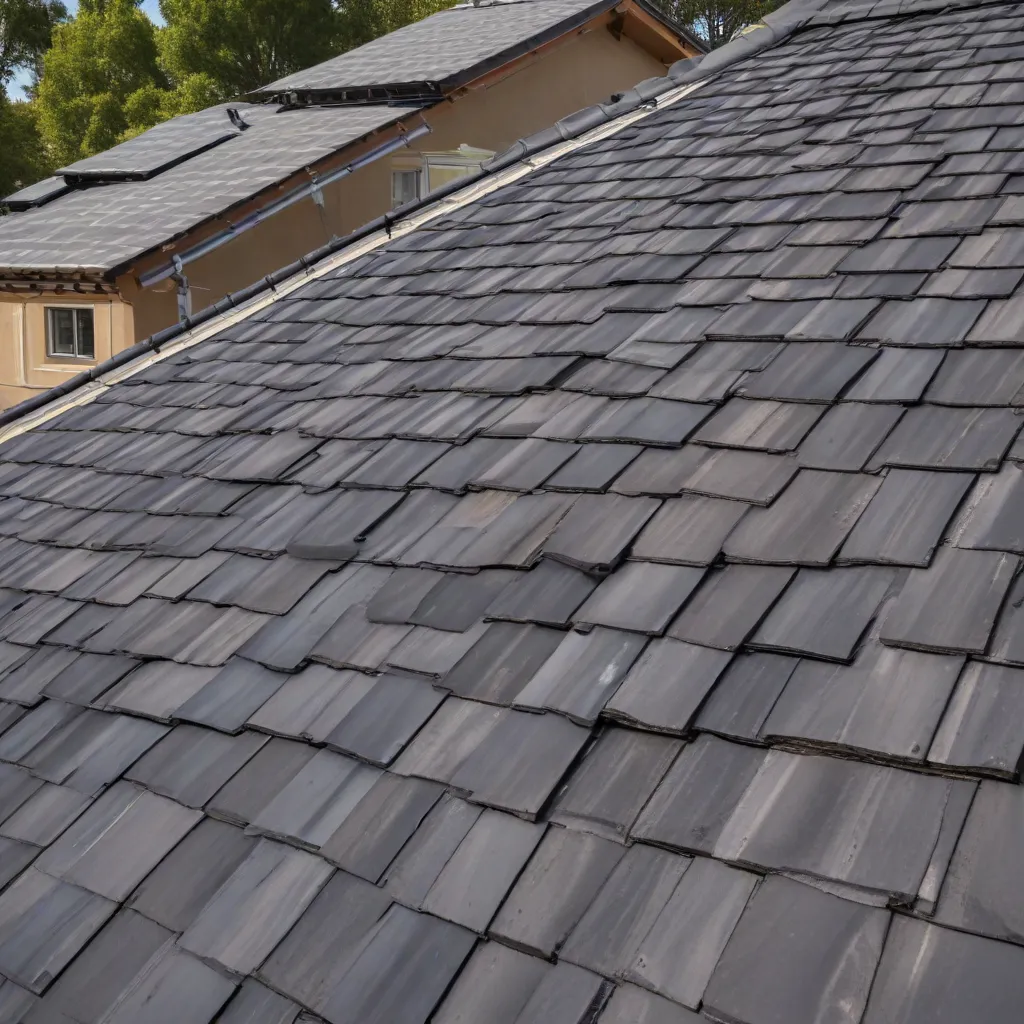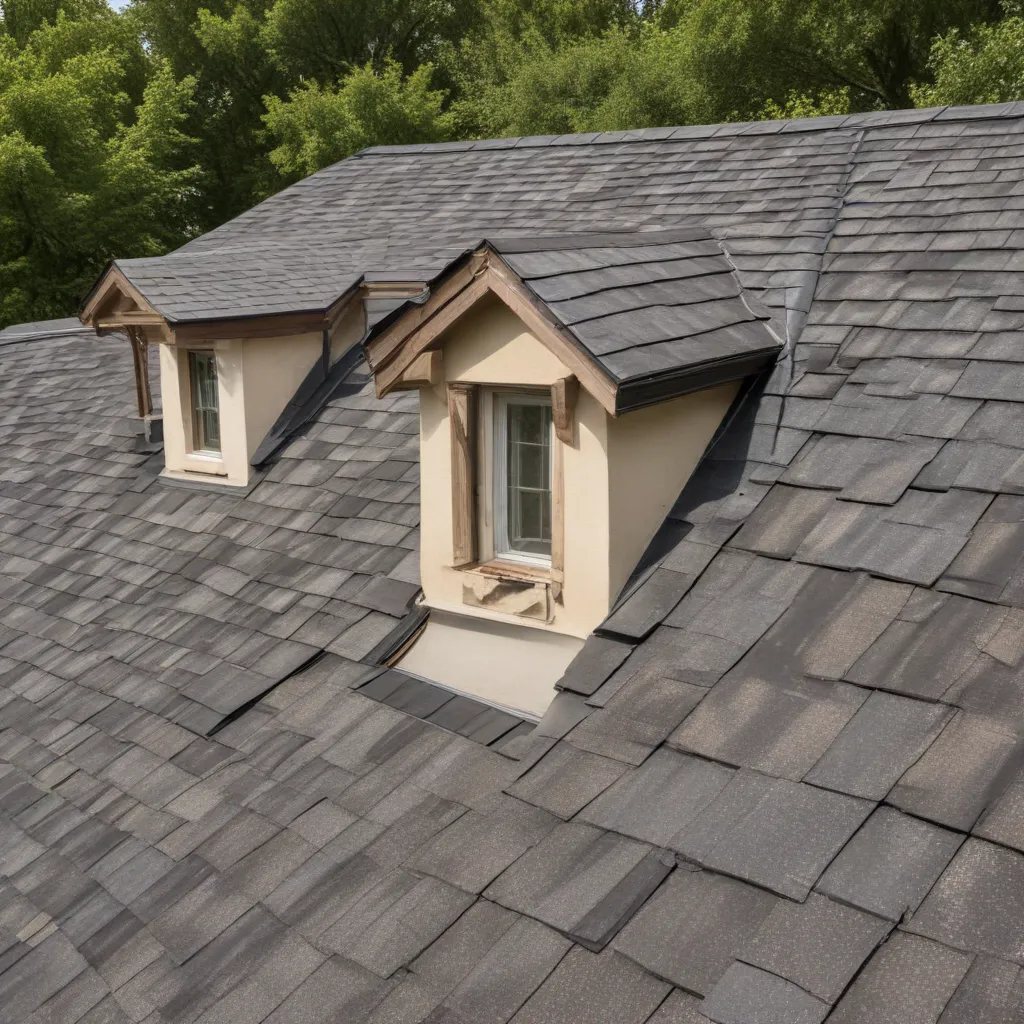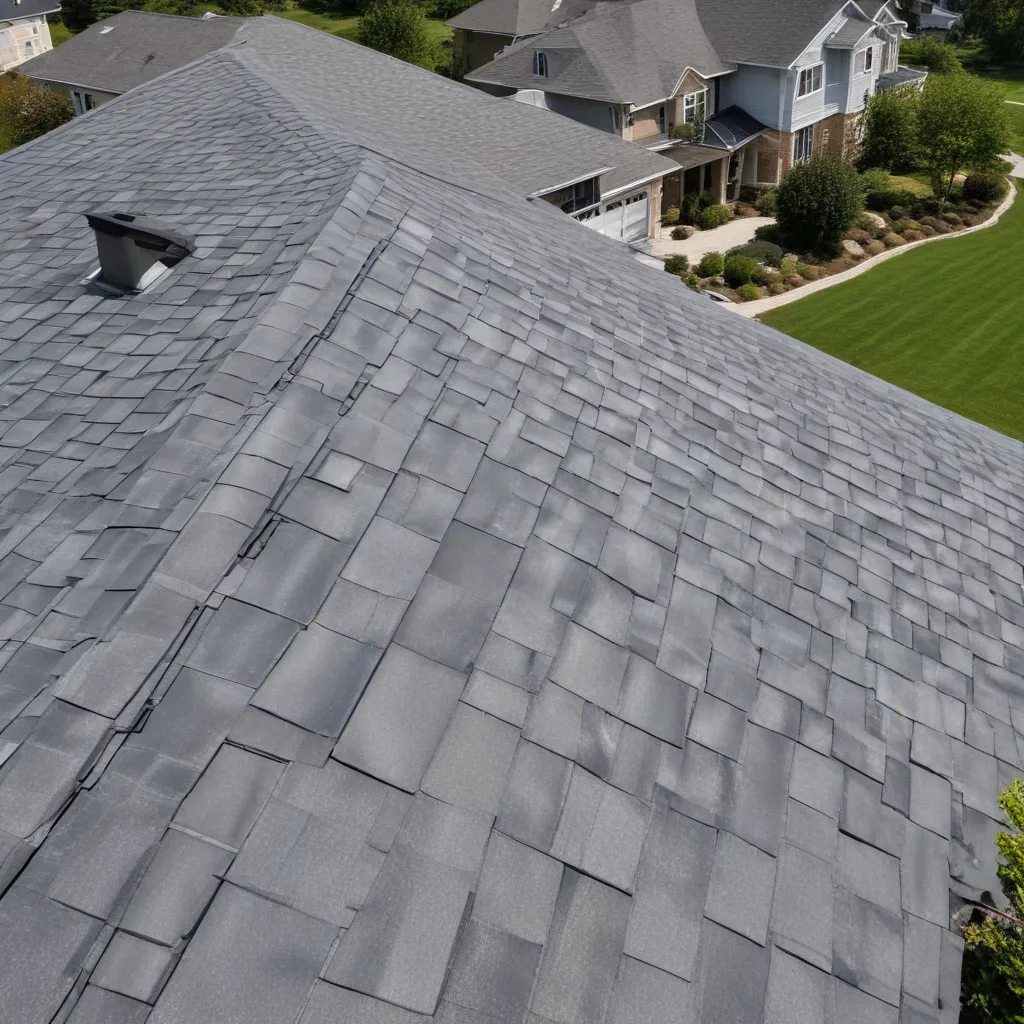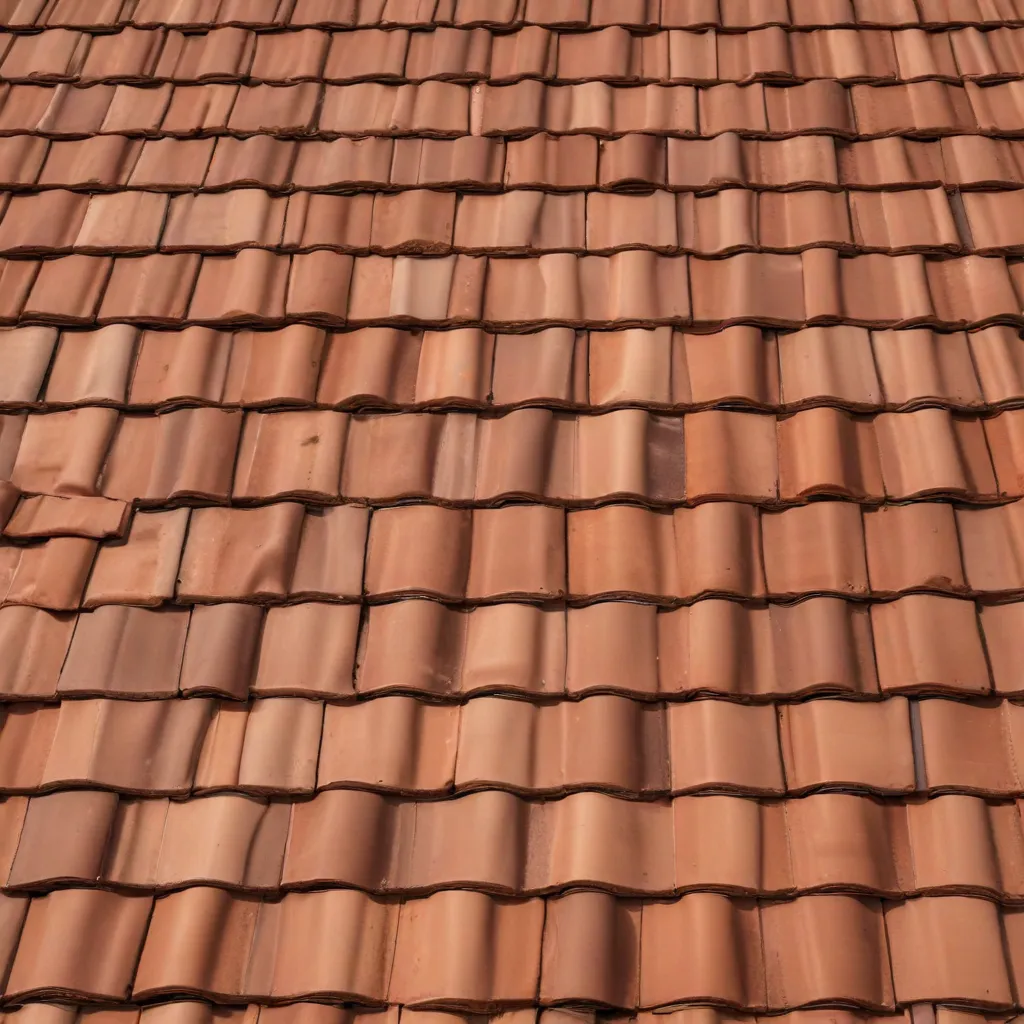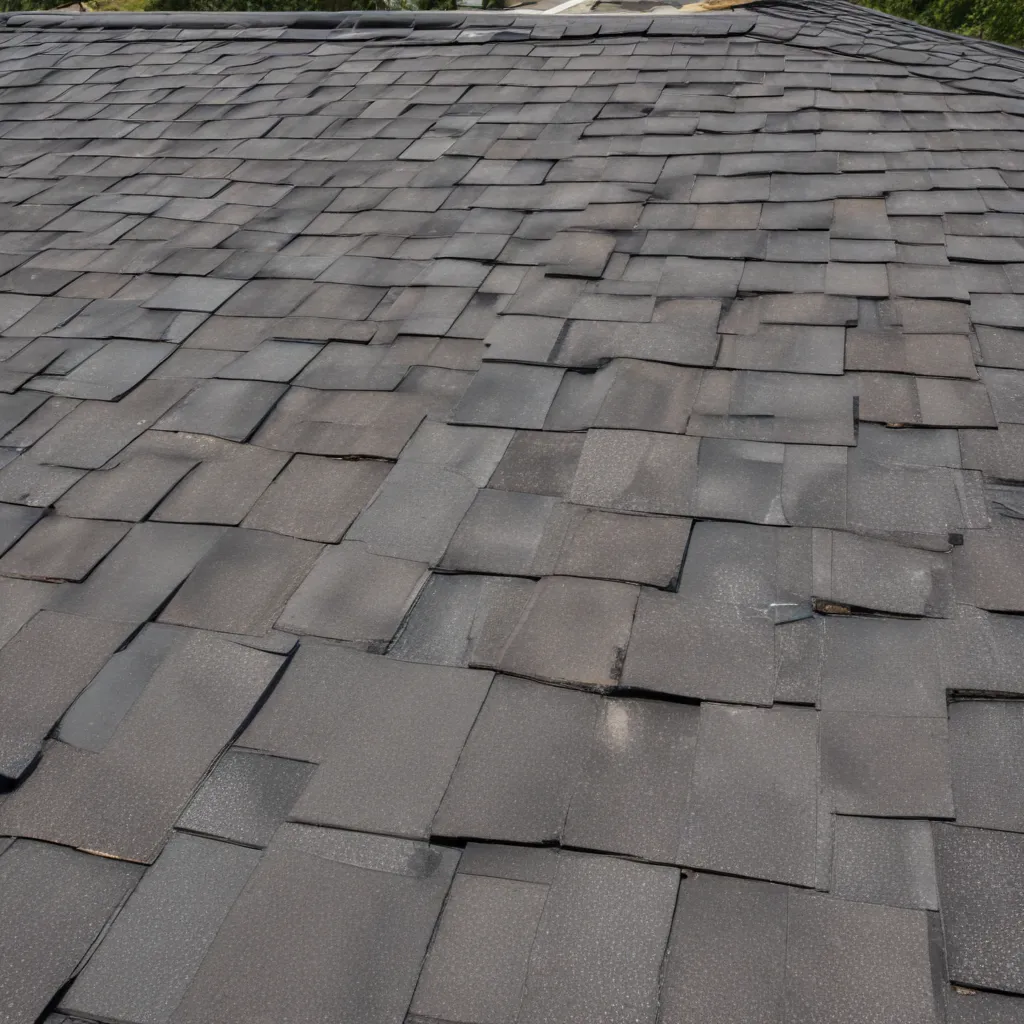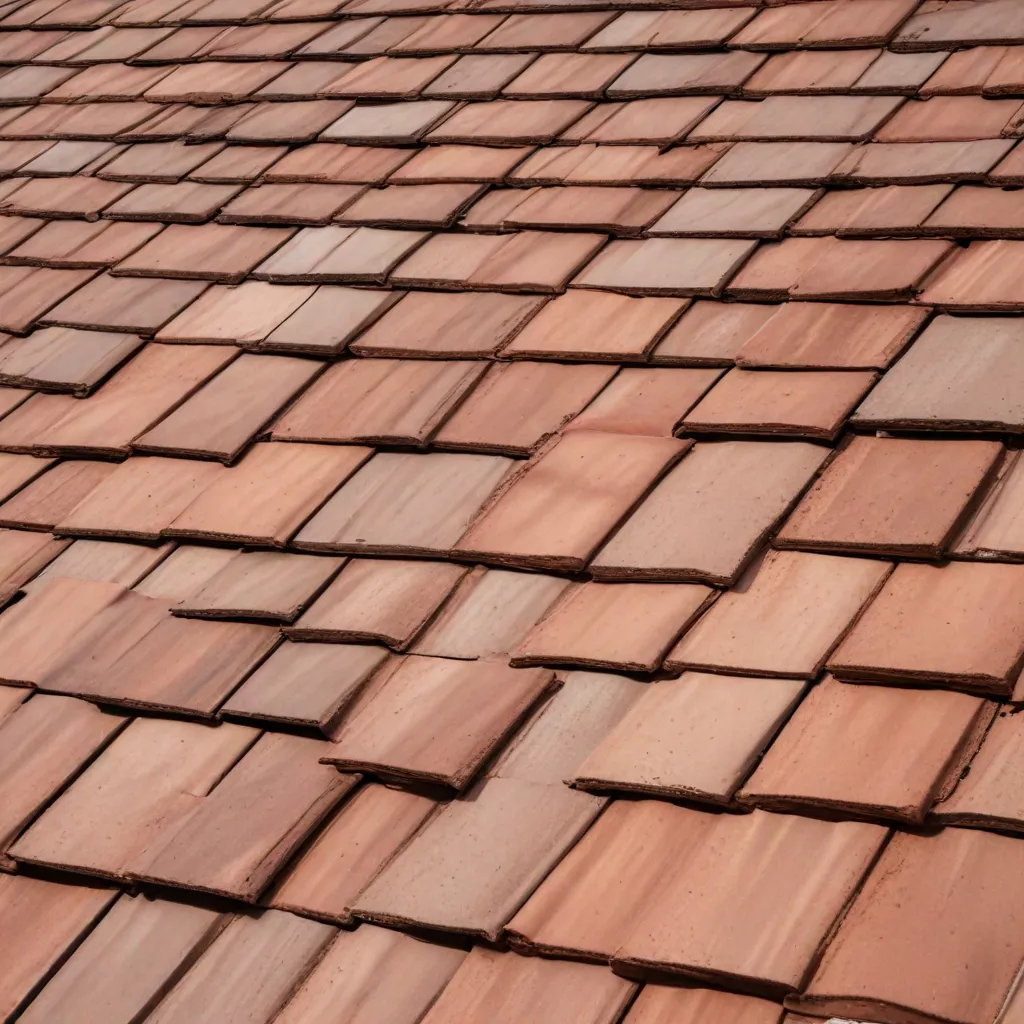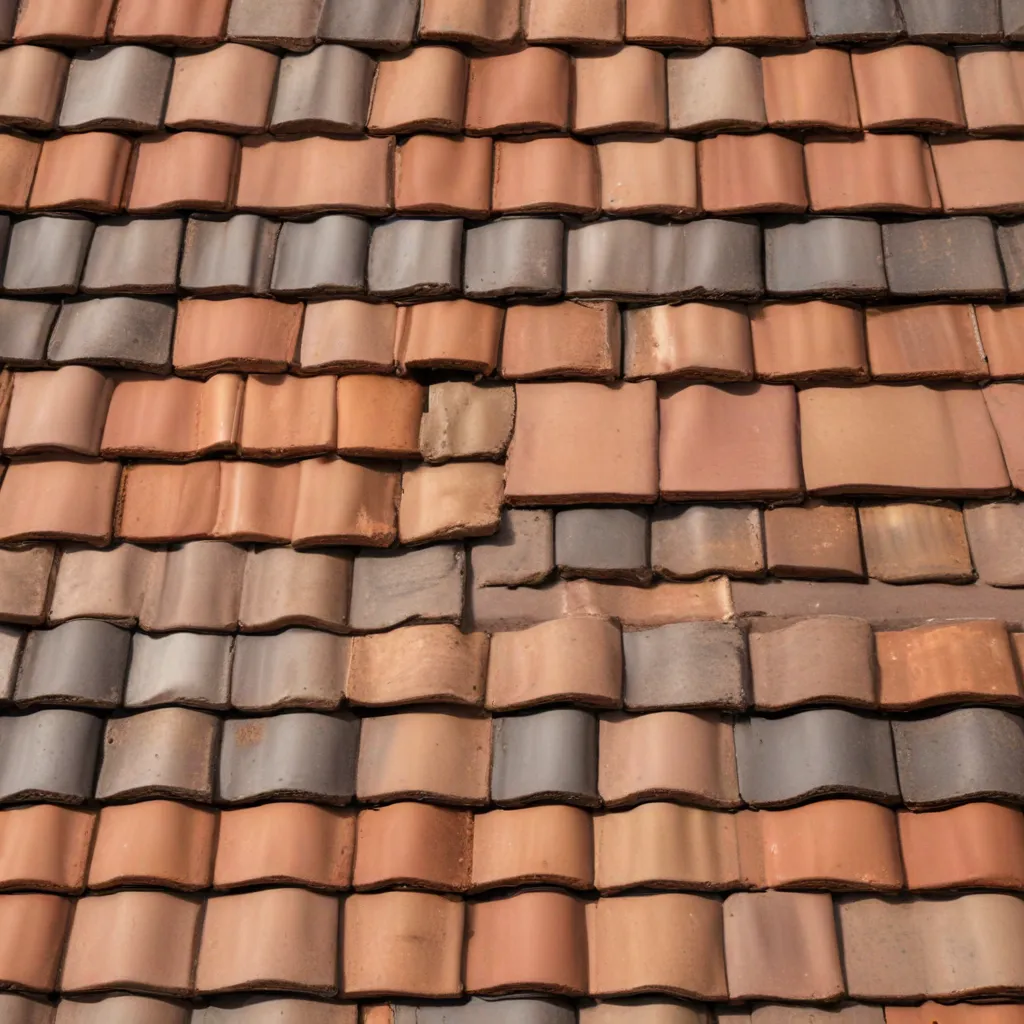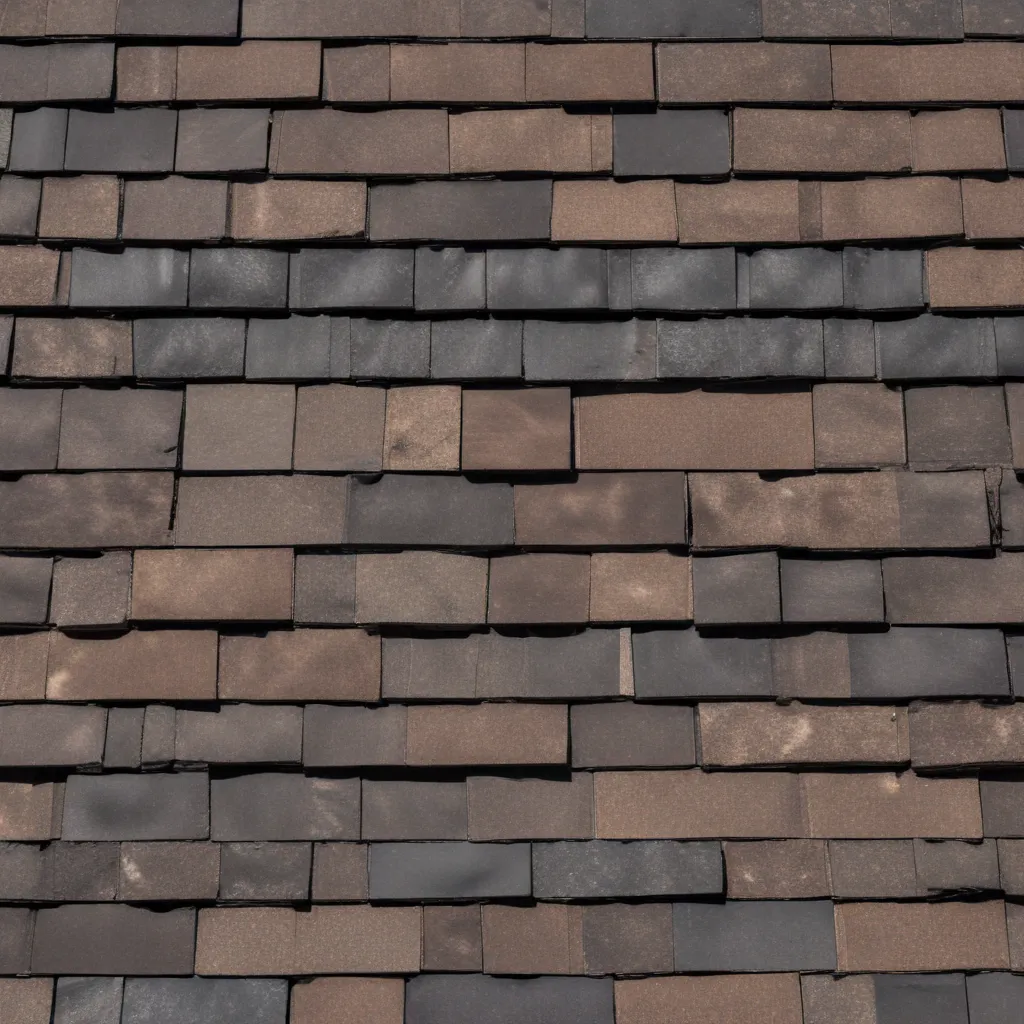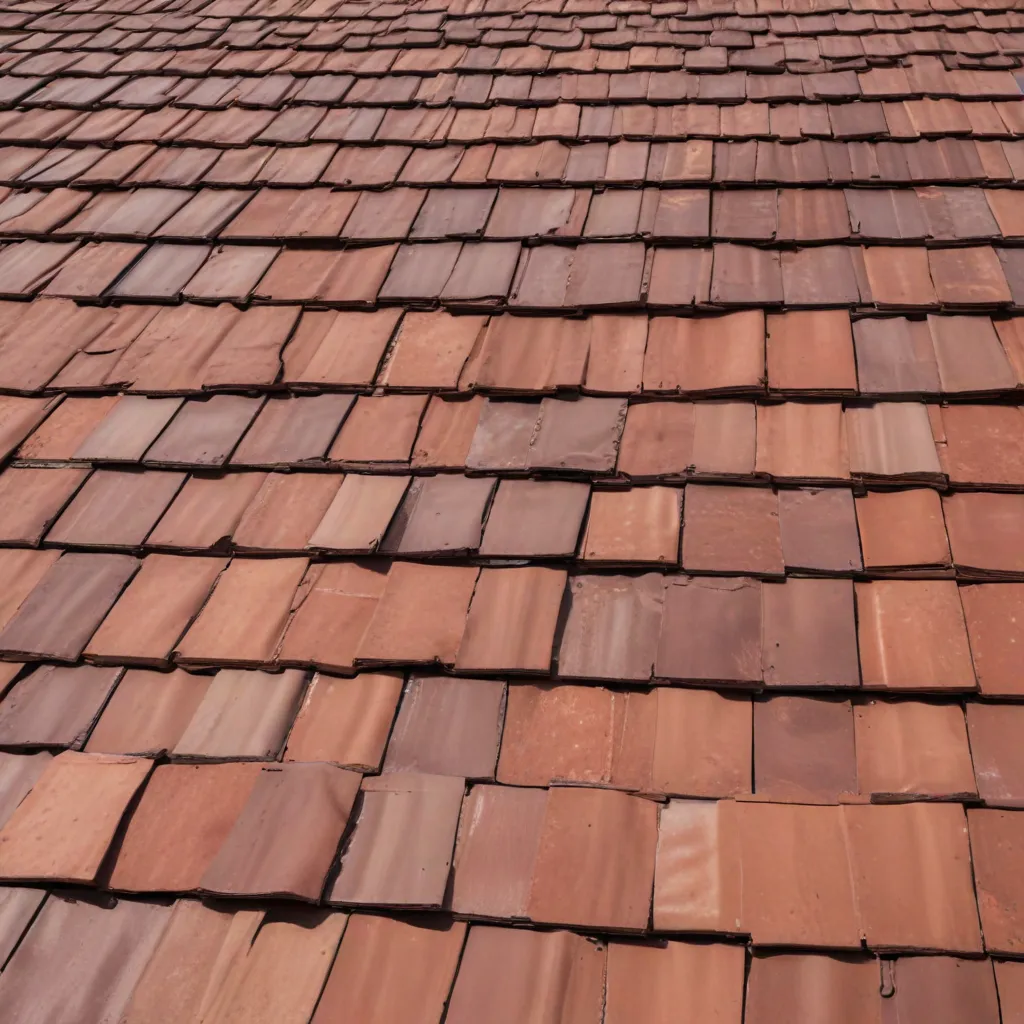In today’s fast-paced world, finding peace and tranquility in our own homes has become increasingly challenging. Noise pollution from traffic, construction, and other sources can disrupt our daily lives and affect our overall well-being. Fortunately, there is a solution that can help mitigate these noise disturbances – the specific roof system. In this article, we will explore the benefits of a specific roof system and how it can provide a shield against noise pollution.
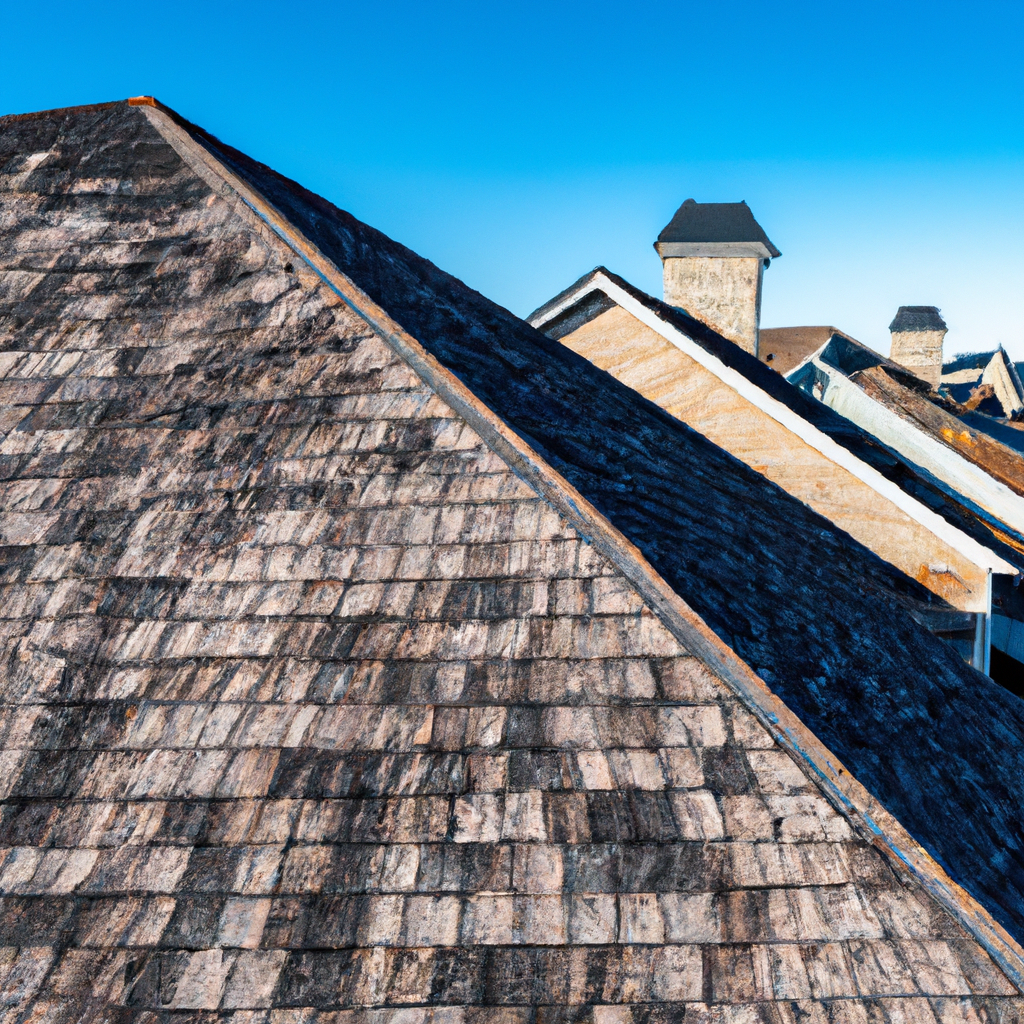
Understanding Noise Pollution
Before delving into the specifics of a specific roof system, it is important to understand what noise pollution is and how it affects us. Noise pollution refers to any excessive or disturbing sound that interferes with our daily activities and peace of mind. Common sources of noise pollution include traffic, industrial activities, construction, and even loud music.
Exposure to prolonged noise pollution can lead to a range of health issues, including increased stress levels, sleep disturbances, and reduced productivity. It can also have long-term effects on our mental and physical well-being. Therefore, finding effective solutions to combat noise pollution is crucial for creating a peaceful living environment.
The Role of Roof Systems in Noise Reduction
Roofs play a vital role in protecting our homes from external elements such as rain, wind, and sunlight. However, not all roofs are created equal when it comes to noise reduction. This is where a specific roof system comes into play. A specific roof system is designed with noise reduction in mind, offering a high level of sound insulation to create a quieter indoor environment.
Sound Insulation Materials
One of the key components of a specific roof system is the use of sound insulation materials. These materials are specifically chosen for their ability to absorb and block sound waves, preventing them from entering our living spaces. Common sound insulation materials used in specific roof systems include:
- Acoustic Insulation Panels: These panels are made of dense materials such as mineral wool or fiberglass and are highly effective at reducing noise transmission.
- Mass-Loaded Vinyl: Mass-loaded vinyl is a flexible material that is often used as an additional layer of soundproofing. It adds mass to the roof structure, further reducing noise penetration.
- Soundproof Underlayment: This layer is installed beneath the roofing material and acts as a barrier against external noise. It helps absorb vibrations and prevents sound transmission into the building.
Structural Design
Apart from the materials used, the structural design of a specific roof system also plays a crucial role in noise reduction. The roof’s overall construction, including the slope, shape, and thickness, can impact its ability to block and absorb sound waves. Additionally, incorporating features such as eaves, overhangs, and insulation gaps can further enhance the system’s noise-reducing capabilities.
Benefits of a Specific Roof System
Investing in a specific roof system offers numerous benefits beyond noise reduction. Let’s explore some of the key advantages:
- Enhanced Comfort: By minimizing noise disturbances, a specific roof system creates a more peaceful and comfortable living environment. It allows you to enjoy moments of tranquility without the constant intrusion of external noises.
- Improved Sleep Quality: Noise pollution can significantly disrupt sleep patterns, leading to sleep deprivation and its associated health issues. With a specific roof system, you can create a sleep-friendly environment, promoting better sleep quality and overall well-being.
- Increased Energy Efficiency: Specific roof systems often incorporate insulation materials that not only reduce noise but also improve energy efficiency. These materials help regulate indoor temperatures, reducing the need for excessive heating or cooling and lowering energy consumption.
- Long-Term Cost Savings: While the initial investment in a specific roof system may be higher compared to traditional roofs, the long-term cost savings make it a worthwhile investment. With improved energy efficiency and reduced maintenance needs, homeowners can enjoy significant savings on their energy bills and roof repairs.
Conclusion
In conclusion, a specific roof system is a powerful solution to combat noise pollution and create a peaceful living environment. By incorporating sound insulation materials and optimizing the structural design, these roofs effectively minimize external noise disturbances. Investing in a specific roof system not only enhances comfort and sleep quality but also offers long-term cost savings and improved energy efficiency.
If you’re tired of being constantly bombarded by noise pollution, consider upgrading to a specific roof system. Say goodbye to disruptive noises and embrace a quieter, more serene living space. Protect your peace of mind and enjoy the tranquility you deserve with a specific roof system – your shield against noise pollution.

